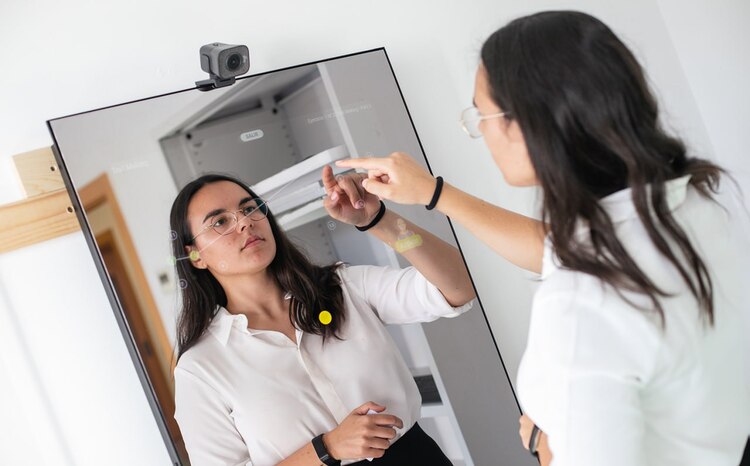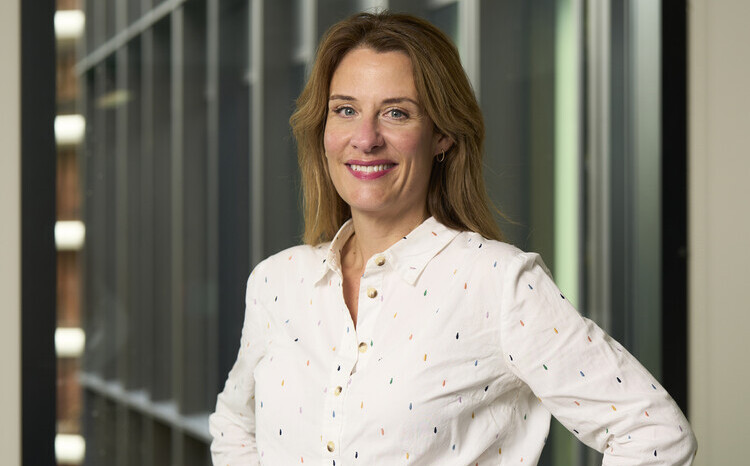Royal Marsden implements secure remote access
- 1 September 2008
The Royal Marsden NHS Foundation Trust has created a secure remote working environment for clinicians to support its business strategy of delivering care closer to patients’ homes.
The plans were well advanced before the trust suffered a fire at its Chelsea hospital in January this year, but this confirmed the need for clinicians to be able to access data when off-site.
The trust worked with Centralis, an application virtualisation consultancy, on the web-based remote access system, which is based on a Citrix environment and includes sophisticated security and access-control features. It also enables clinicians to view large files, such as x-rays, reducing the load on the trust’s network.
Jon Reed, the trust’s director of information communication technology, said: “This grew out of our business strategy and our partnership with Kingston Hospital [where the Royal Marsden is running the new Sir William Rous Unit in conjunction with Kingston Hospital NHS Trust and Macmillan Cancer Support].
“We needed an underpinning IT strategy to support that, and to provide clinicians with access to our systems from around our cancer network and possibly from home. We did have remote access, but it was not very slick; we wanted to be able to give people access to the applications they needed to deliver care in better, more secure way.”
Reed said one of the main reasons the Royal Marsden chose the Citrix-based solution was its security. “We have a reasonably sophisticated model for secure access by user and by workstation,” he explained. “So, if a user is at a workstation that does not come up to our specification, then we can stop them accessing information, even if they are an approved user.”
To get access to the Royal Marsden’s patient administration system, he added, an approved user would have to be using one of the trust’s own laptops and encryption. “Anything less and they would only get some applications; probably just email.”
The new system also allows clinicians to view files at high graphical quality, without overburdening the networks at the Chelsea and Kingston sites. “Quite a lot of the thin-client solutions we looked at used compression, but we need to make sure clinicians could see x-rays at high quality,” said Reed.
“The London Programme for IT is developing a strategy to make that kind of access available, but we needed an interim solution until it is ready.”
The trust has rolled out the new system to 30 initial users. Most are in Kingston, but some clinicians are trialling remote access from laptops.
“This is a pretty powerful technology,” said Reed. “We used to be tied to specific places, but now we have begun to move away from that. Now I think we expect staff to come up with ideas for using the technology to deliver services in new and flexible ways.”
“The quality of care provided at the Royal Marsden and its partners is world class and it is only right that it is supported by effective and resilient IT systems,” said Ewen Andreson, director of Centralis. “In a very short space of time, this system has moved from proof of concept to NHS best practice.”
Link




